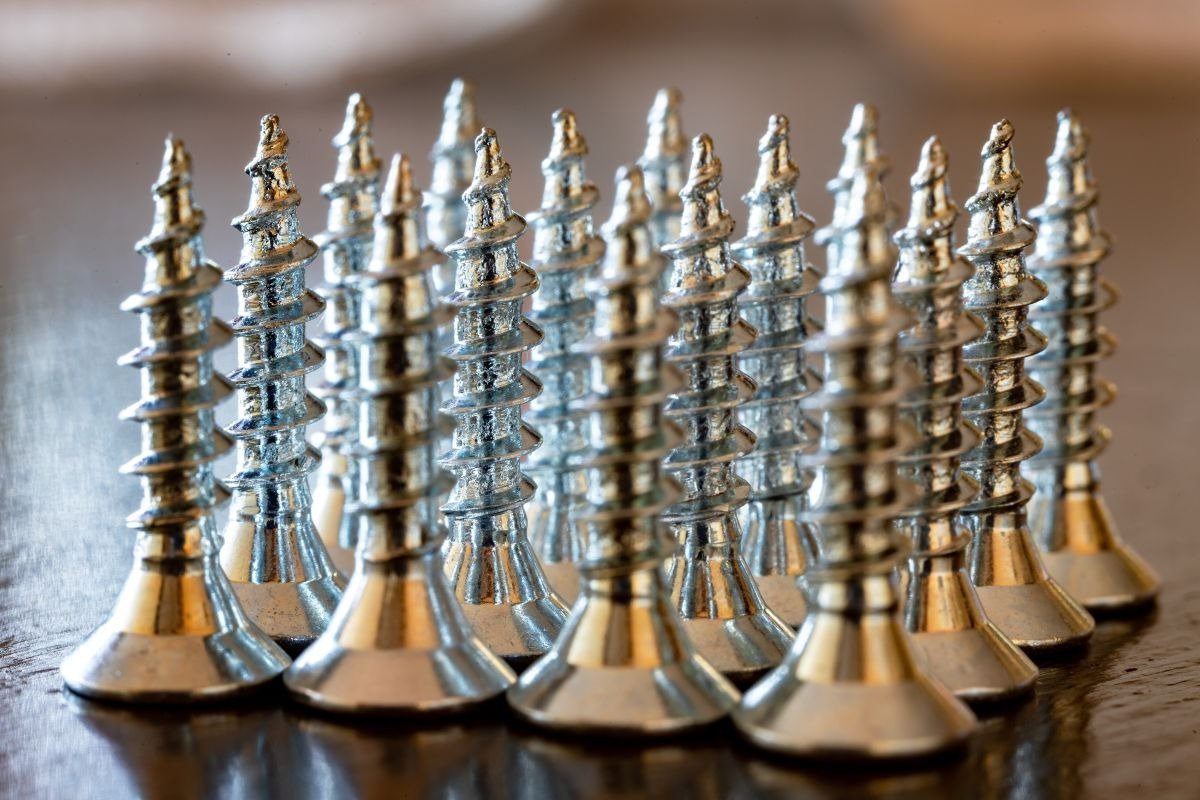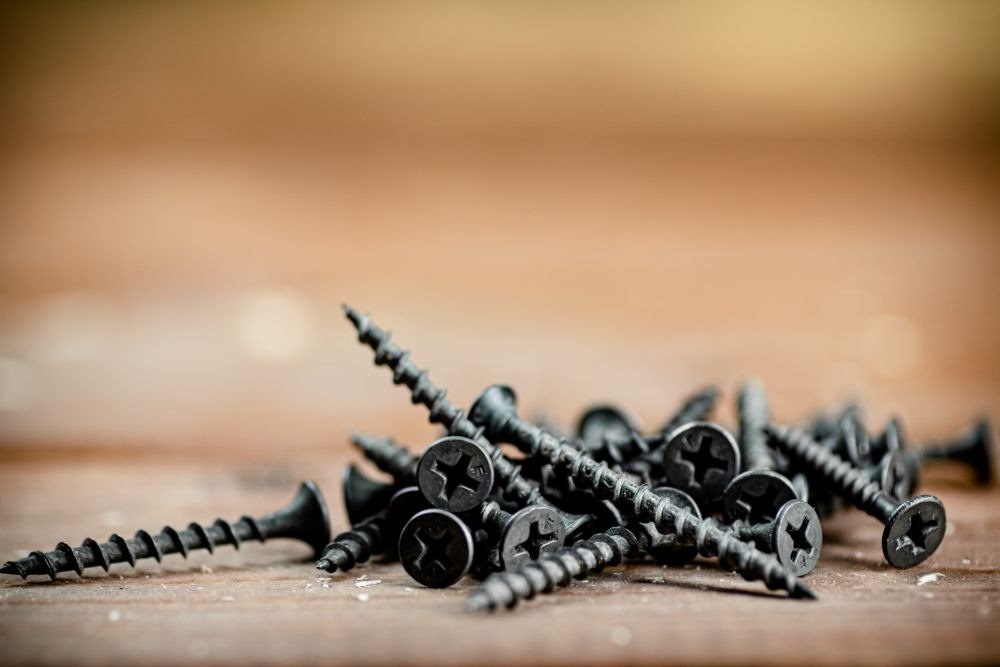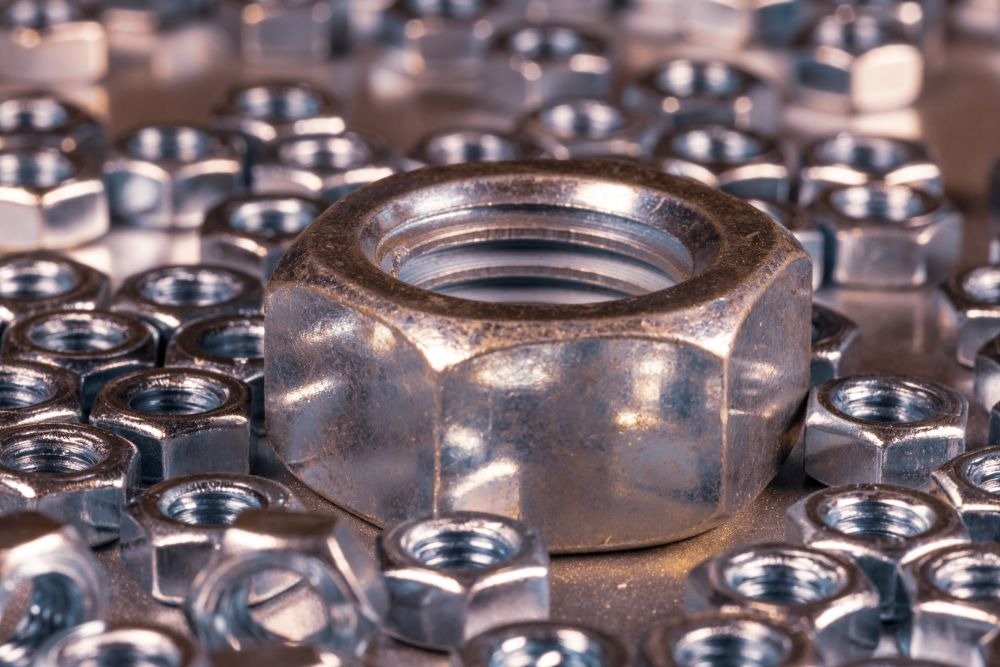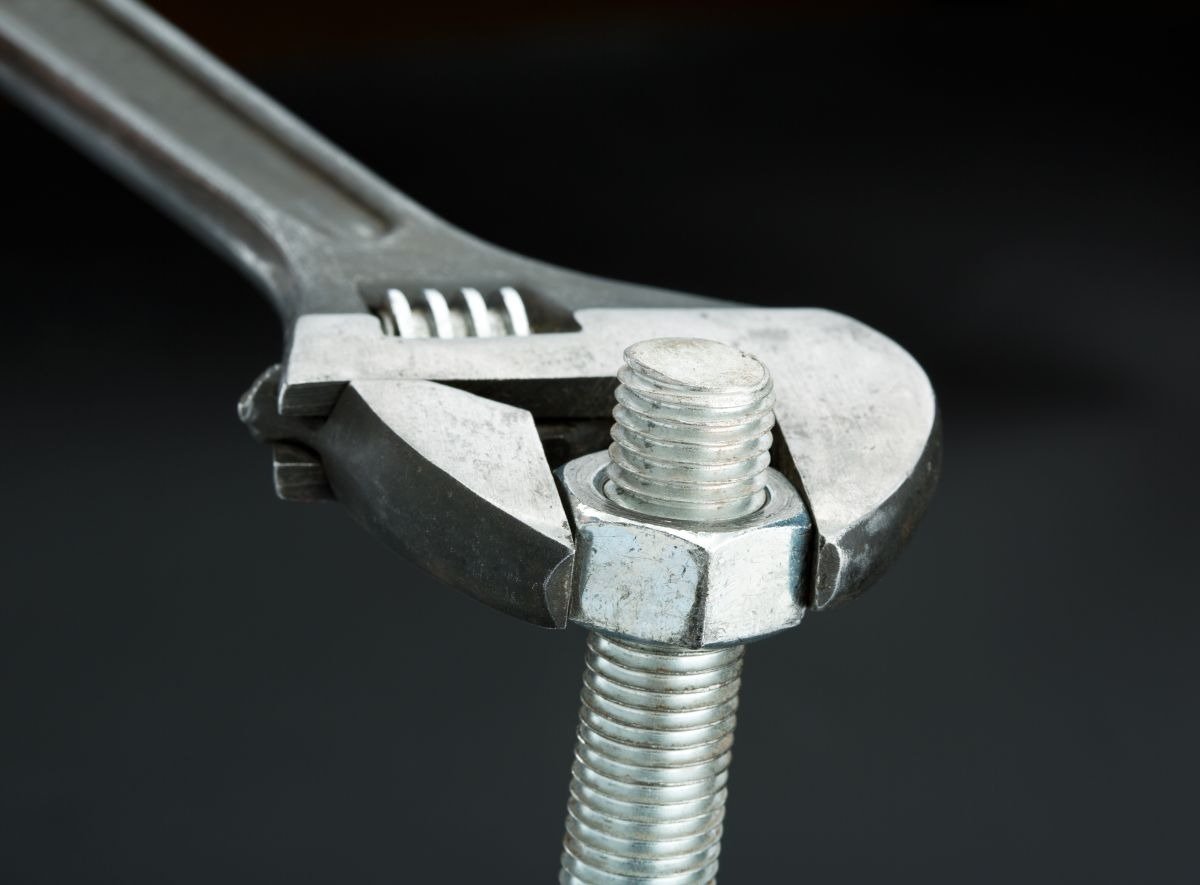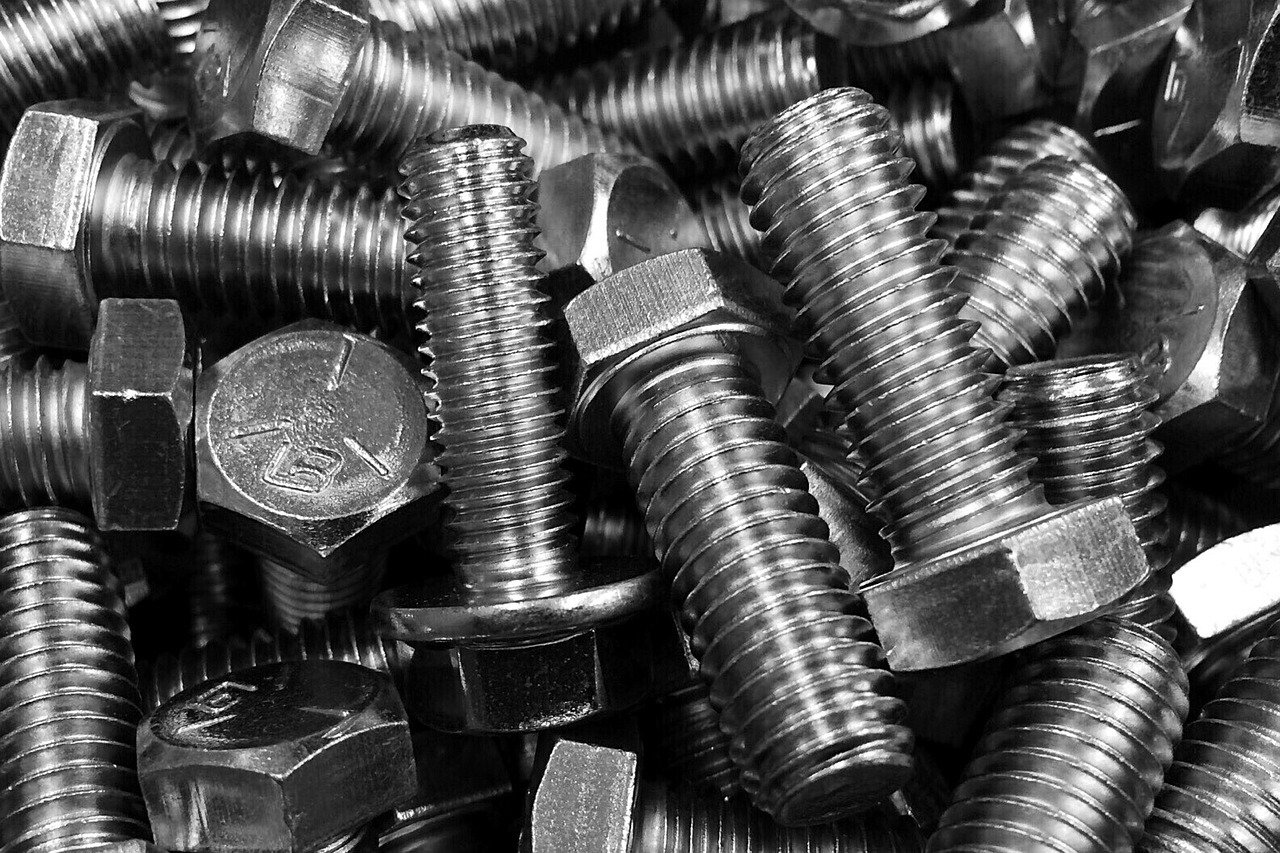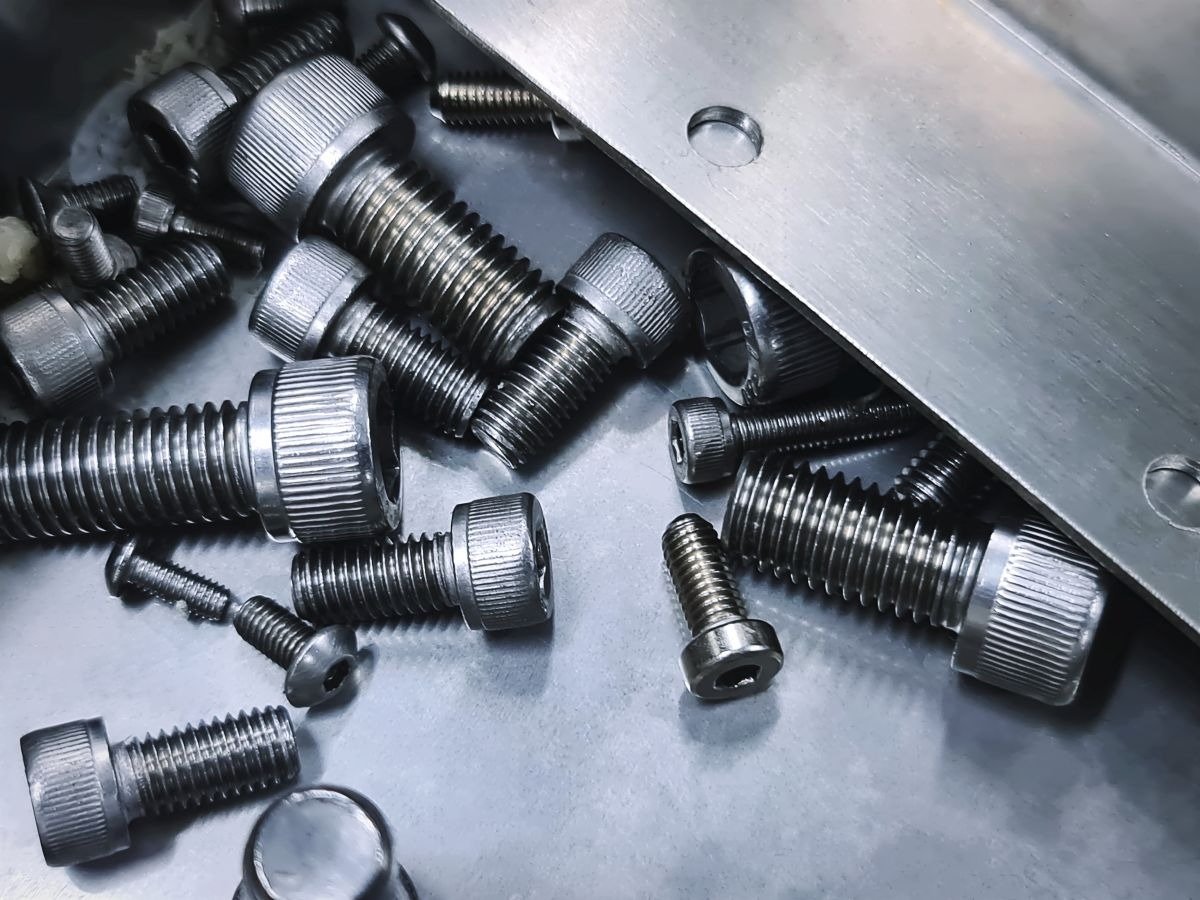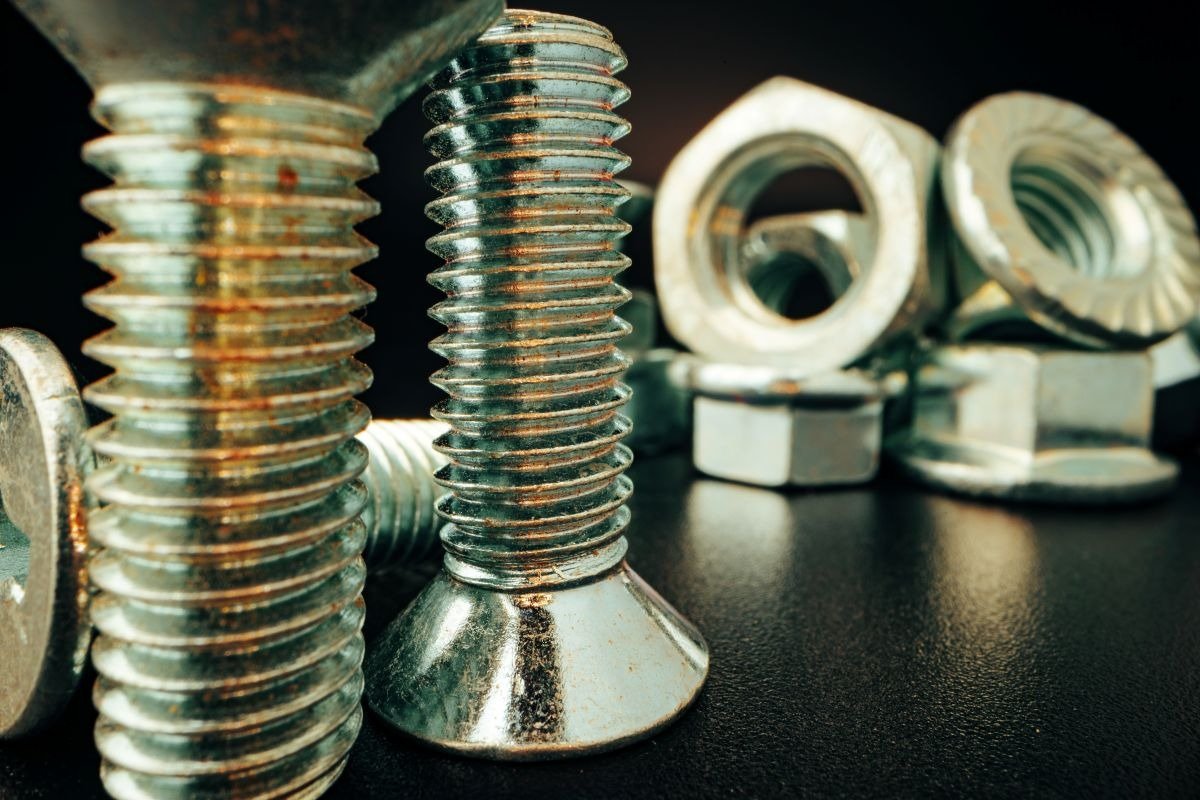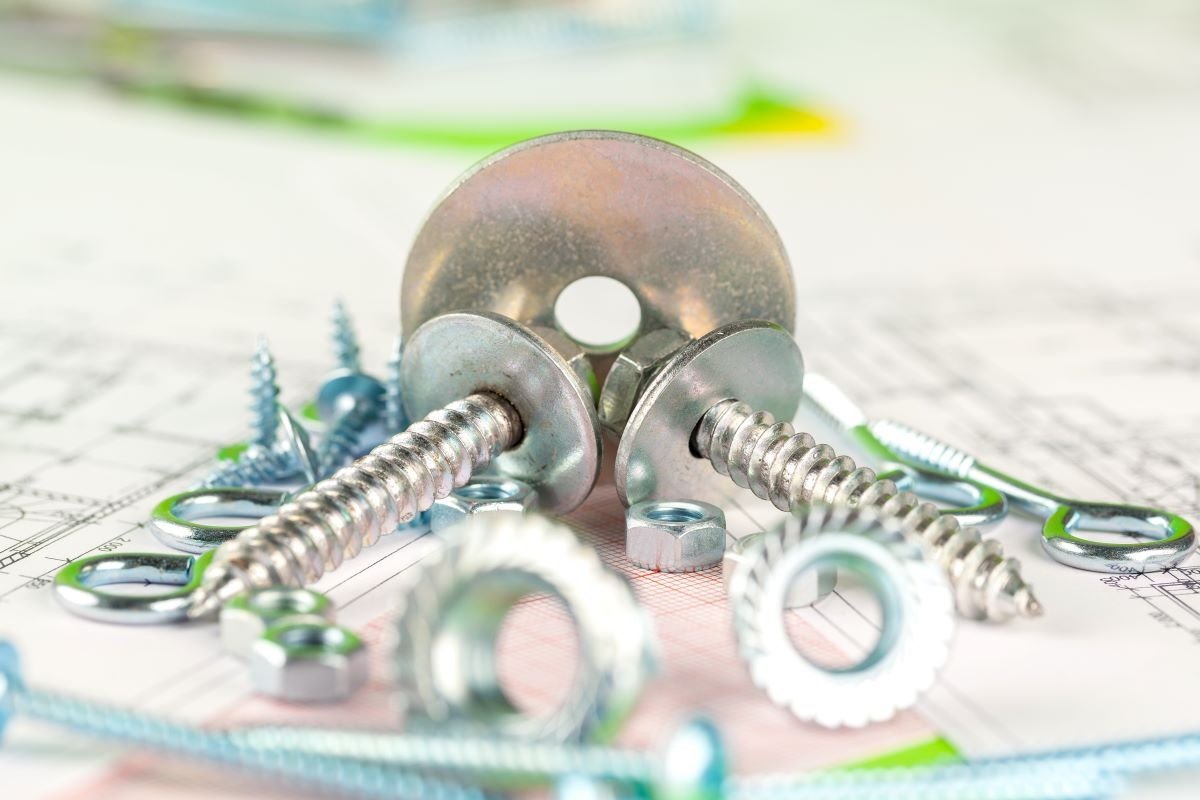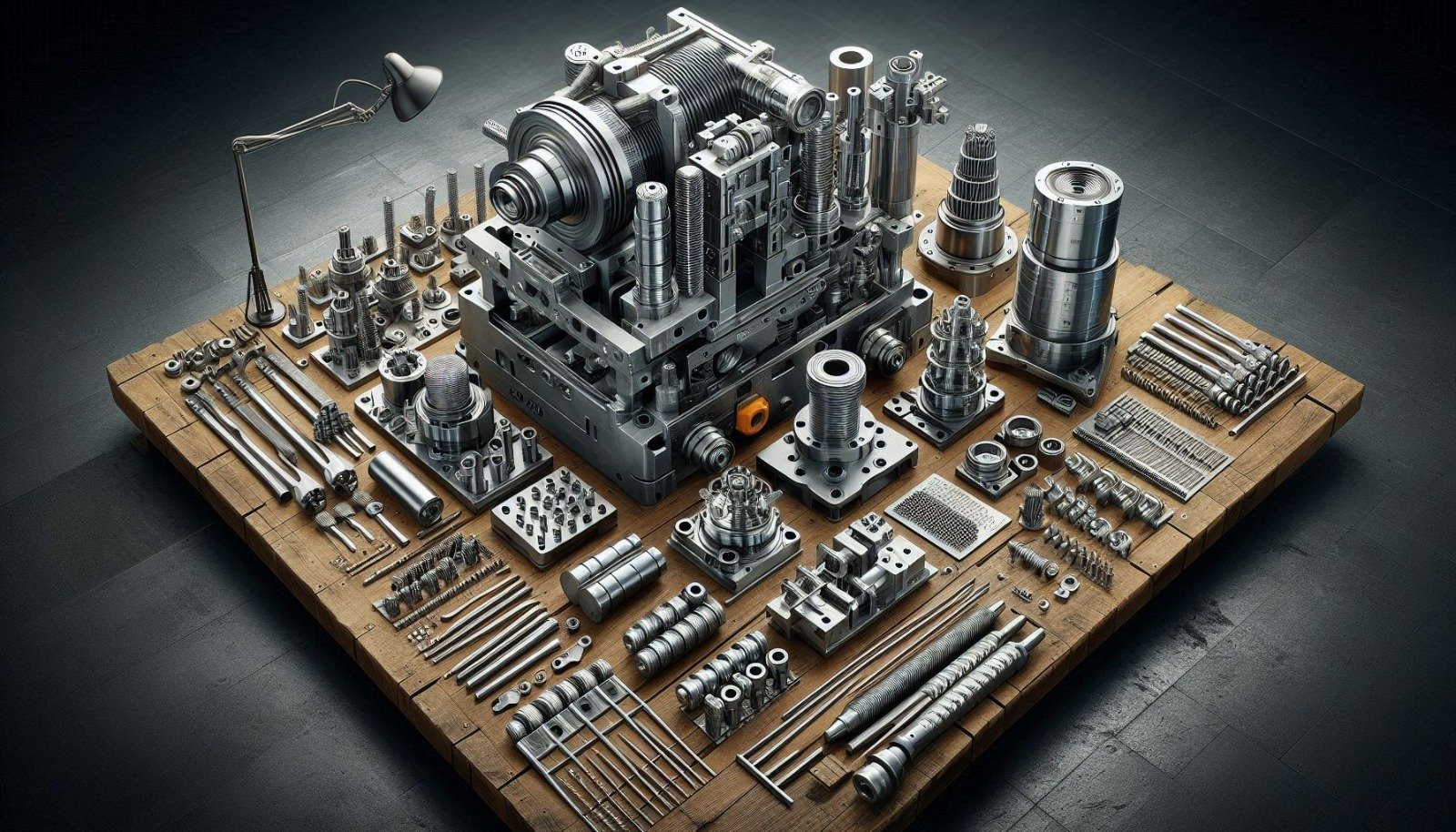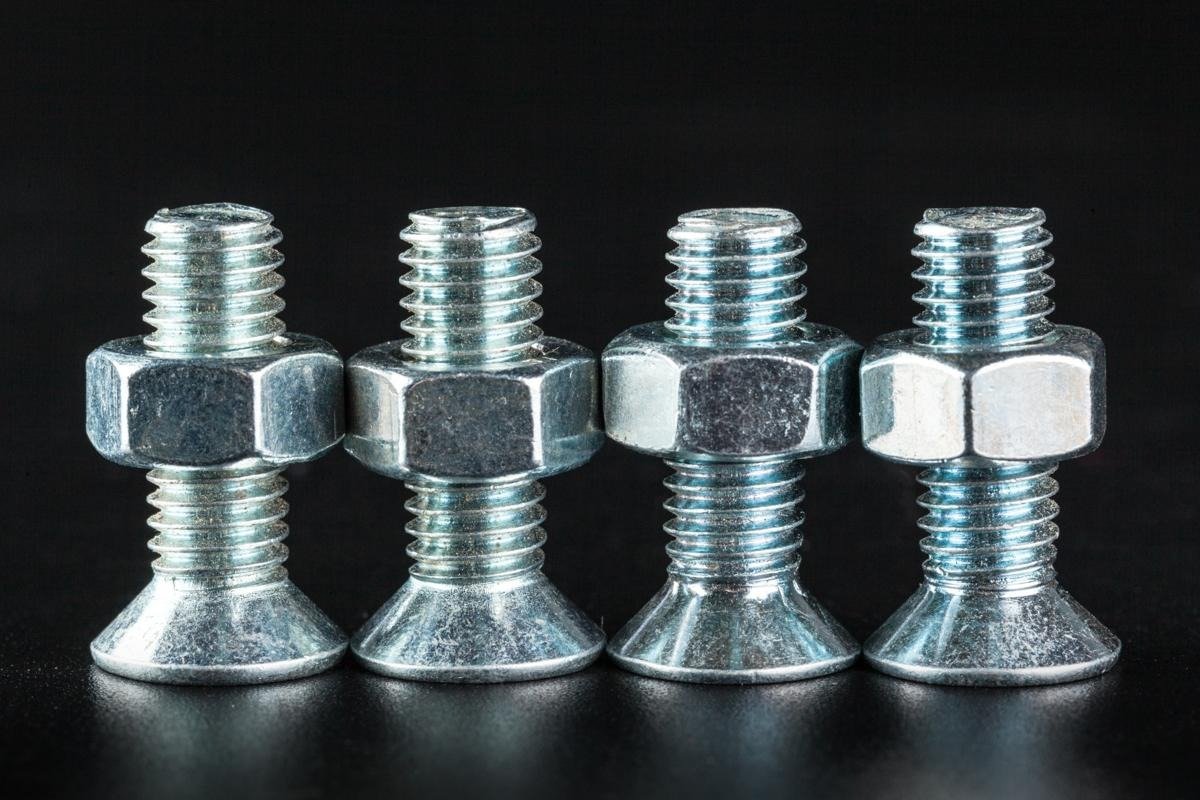Types of Nuts: When to Use Which Nut?
Nuts, the indispensable complement to screw systems, are
small yet powerful components that many people encounter daily without even
realizing their purpose. Simply tightening a screw is not enough for a secure
fastening; what truly holds the system together and ensures its reliability is
the nut bolt combination. The world of these small mechanical heroes is
far richer than it appears. Nut types and names, each designed for a
specific function, play essential roles in fields ranging from engineering and
furniture to the automotive and construction industries.
What Are the Types of Nuts?
Although they may initially seem like simple counterparts to
screws, nuts come in many varieties. Each type is designed for a specific
purpose and gains unique characteristics based on its area of application.
While the most common models include hex nuts, there are many others such as
castle nuts, square nuts, closed nut, fiber nut, and lock nut
types. Among these is the Flanged nut, which stands out with its
unique thread structure and surface design. Choosing the right one among these
options is vital for both safety and durability.
Where Are Nuts Used?
Nuts have a wide range of applications. They are used in
many places throughout daily life, often unnoticed. From automotive engine
blocks to bridge construction, from table legs at home to factory
machinery—nuts are everywhere. In areas with high vibration, lock nut types
are preferred to prevent the connection from loosening. For small household
items, small nut screw systems provide practical and secure connections.
Thanks to their easy installation, reusability, and durability, nuts are
considered the unsung heroes of modern engineering.
What Are Hex Nuts Used For?
Easily tightened or loosened with a wrench due to their
hexagonal shape, these are the most well-known and widely used type. They are
common in construction, furniture assembly, and automotive parts. When a
standard fastening solution is needed, this is often the first choice due to
its strength and cost-effectiveness.
What Are Castle Nuts Used For?
Named for their crown-like appearance, these special nuts
are secured with a cotter pin or wire. They are typically used in high-safety
applications such as aerospace and automotive industries, eliminating the risk
of the nut loosening on its own. Ideal for high-vibration environments.
What Are Square Nuts Used For?
Thanks to their four-sided shape, square nuts are used in
tight spaces or areas where rotation is undesired. While more common in older
systems, they are still used today in certain specialized machinery and
decorative metalwork. Their larger contact surface compared to hex nuts allows
for better load distribution.
What Are Flanged Nuts Used For?
With a wide, washer-like surface at the base, a Flanged
nut fits better onto surfaces and prevents damage to the parts being
fastened. It also reduces the risk of loosening. Commonly used in the
automotive industry for engine assembly or in vibrating environments, it offers
the dual function of washer and nut in a single piece—saving labor.
What Are Closed Nuts Used For?
This special type of nut has a closed end, offering both
aesthetic and functional benefits. Especially in outdoor connections, it
prevents the screw end from protruding, protecting against rust and providing a
safety advantage. Very useful in applications such as children's furniture. A closed
nut also gives mechanical systems a cleaner look.
What Are Fiber Nuts Used For?
Featuring a nylon insert that grips the threads when
tightened, fiber nut types are among the most practical lock nut
types. They ensure secure connections in vibrating environments. The nylon
insert adds resistance on the screw, making it harder to loosen over time. They
are used in electric tools, machinery, and even toy assemblies. A fiber nut
is both economical and reliable.
Advantages of Nuts
The biggest advantage of nuts is their ease of installation.
Their reusable structure makes them far more practical than other fastening
methods. They also stand out in terms of durability. Made from stainless steel,
brass, or galvanized metals, they resist harsh environmental conditions.
Additionally, thin nut types offered in various sizes enable secure connections even in tight spaces. This makes them indispensable in both industrial and home projects.
Additionally, thin nut types offered in various sizes enable secure connections even in tight spaces. This makes them indispensable in both industrial and home projects.
Important Considerations in Nut Usage
When choosing a nut, it’s important to consider not only the
shape but also the environment and purpose of use. For instance, a nut with
nylon content should not be used in high-temperature areas. Likewise, if used
outdoors, the nut should be made from corrosion-resistant materials.
Nut bolt compatibility is another critical point; the thread of the
screw must match the nut’s thread exactly. Otherwise, the connection will be
weak and may loosen or deform over time. Additionally, the correct torque
should be applied during assembly, as over-tightening can damage the threads.
These details are vital for the safety of the connection.


